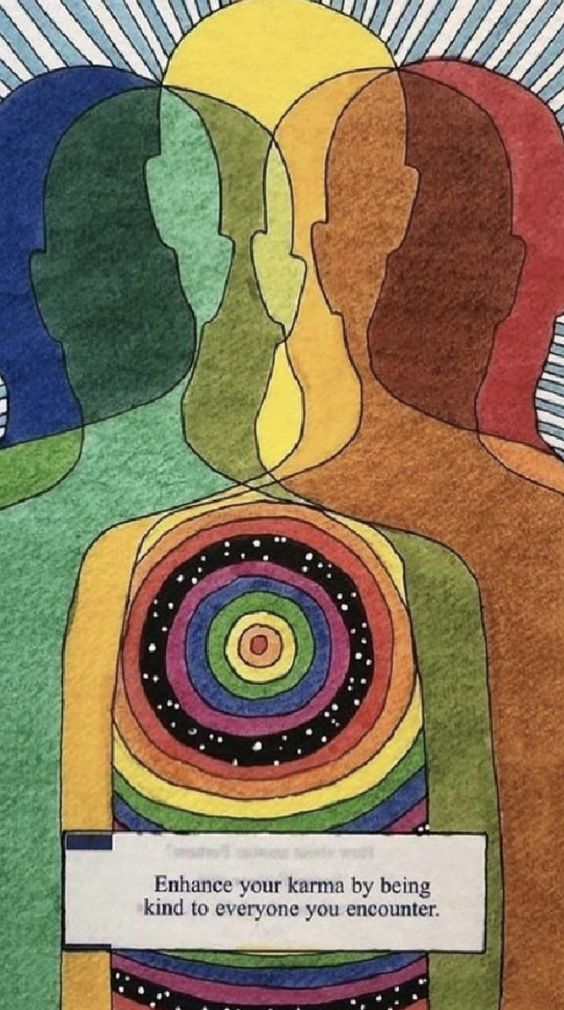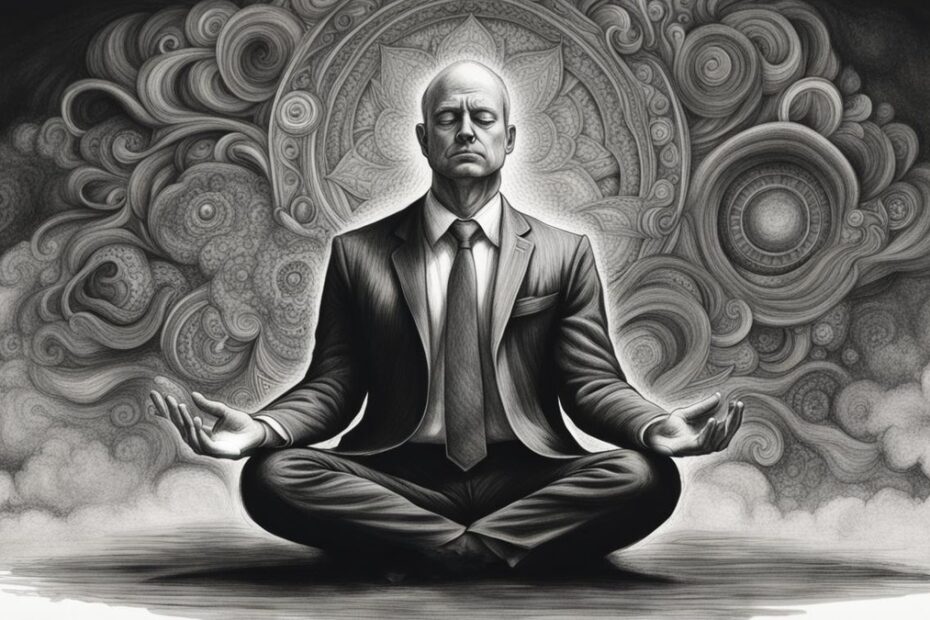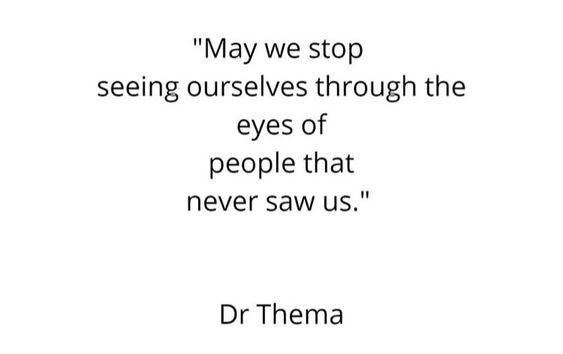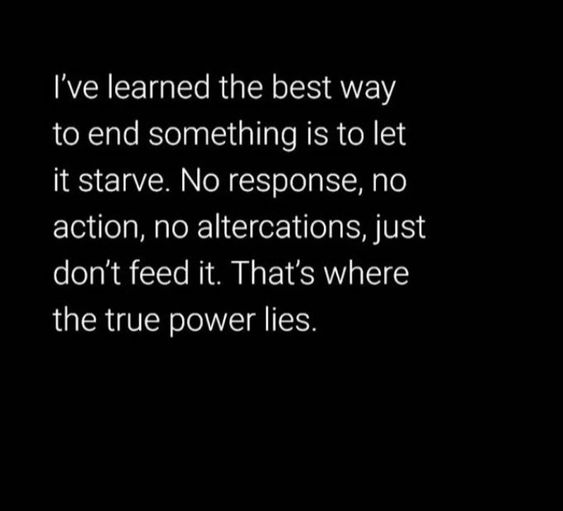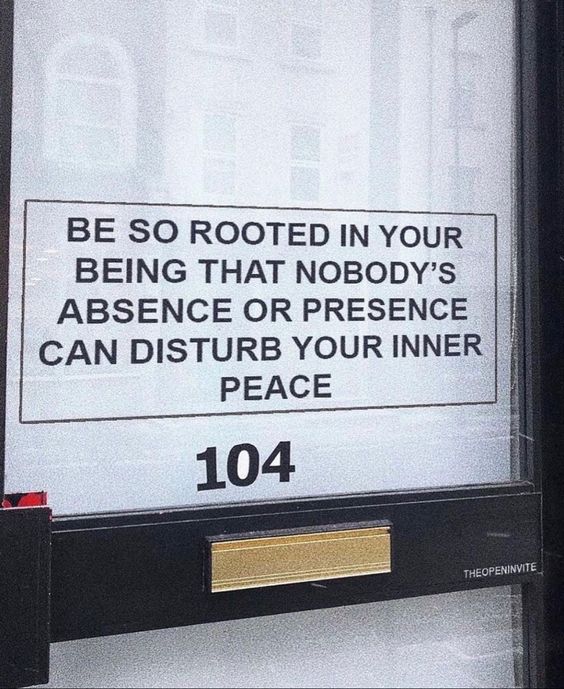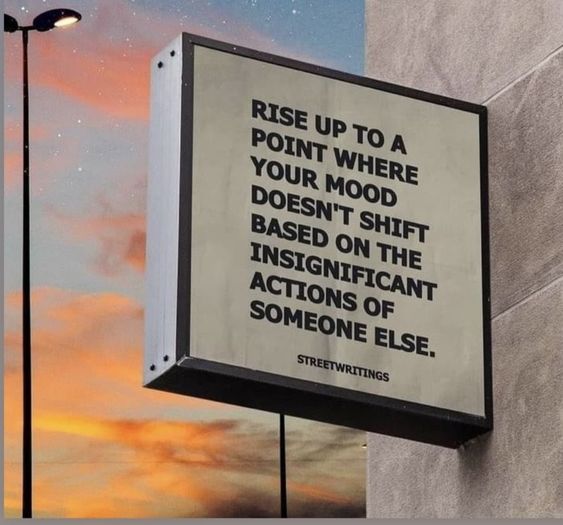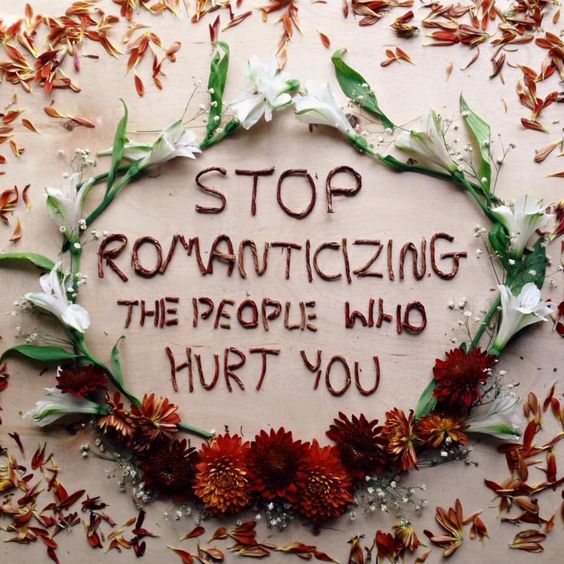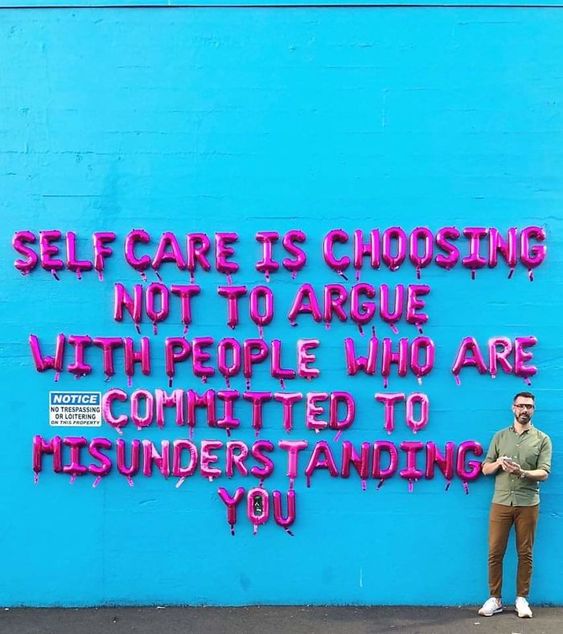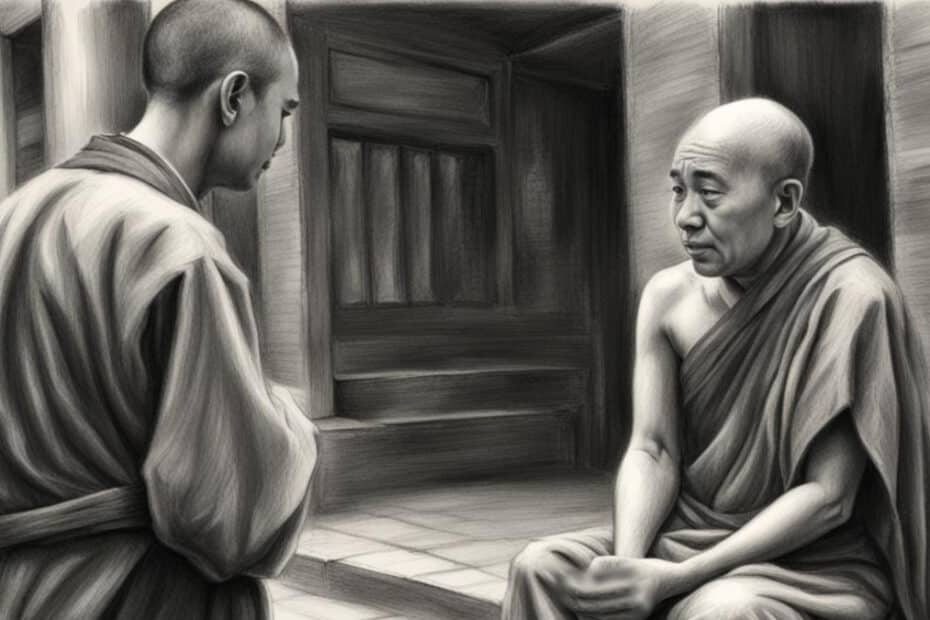“The reason creativity wilts inside of us like a vase full of snipped wildflowers is the very same reason love fades. Somewhere along the line, we stop noticing. We can never stop noticing. The moment we stop noticing, we might as well be dead. We’re alive and breathing but we feel nothing at all. Creativity and love dies when we feel nothing at all. And so we notice so we we can feel because, in the words of Klinkenborg, noticing means thinking with all your senses.”
Cole Schafer
“Ambition is tying your well-being to what other people do and say… sanity is tying it to your own actions.”
Marcus Aurelius, Meditations
How Do I Know If Meditation Is Working?
Excerpt: Meditating is the act of, essentially, doing nothing. Which can feel totally counterproductive in our world. But, what if the opposite was true?
Read More »How Do I Know If Meditation Is Working?
“There is no perfect formula for healing. No precise amount of time that it takes to mend the heart and mind. With healing, time is not even the major factor. What matters most is that you are putting energy into unpacking, understanding, and unbinding the heavy conditioning and hurt that you carry. Through meditation, journaling, therapy, or intentional living, you will find a process that helps you feel renewed and lighter. Make sure that rushing or forcing is not part of your plan; quickness is not a sign of healing or strength. Let the ups and downs be a natural part of your journey, don’t fight the fact that every day will not be a great day. Let yourself breathe into each moment, keep directing your life with the magic of your intention, this will help you find your way…”
Yung Pueblo
“Life is not going to go your way. You have to go your way and take life with you.”
Jay Shetty, Think Like A Monk (Page 275)
“Love knows only one experience that is satisfying, and that is to go to the very peak, to the ultimate peak, even once. Then there is a great change in energy. To know love once at the climax is enough; then there is no need to go into it again and again.”
Osho, Everyday Osho (Page 105)
Short Story of A Dejected Young Man Who Seeks Enlightenment Minus the Meditation and Fasting
Excerpt: “Can I find enlightenment without all that meditation and fasting?” the young man asks. “Perhaps,” says the master… “But you will need…”
Read More »Short Story of A Dejected Young Man Who Seeks Enlightenment Minus the Meditation and Fasting
